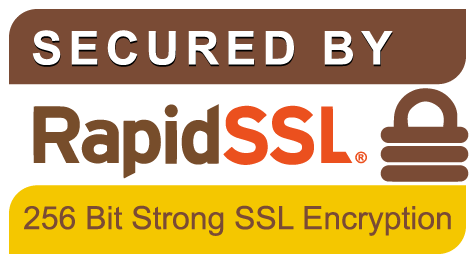
ONLINE MORTGAGE LOAN COMPARATOR COMPARE 20+ BANKS IN 2 MINS ONLY A SIMPLE ONLINE FORM TO FILL OUT FREE AND WITHOUT OBLIGATION
COMPARE 20+ FINANCIAL INSTITUTIONS IN 2 MINUTES
WITH ONLY ONE APPLICATION!
Whether it is for a new purchase, a pre-approval or a renewal, a mortgage broker can get you the best loan with the lowest interest rate, according to your needs and criteria.

COMPARE 20+ BANKS IN ONLY ONE STEP FOR YOUR MORTGAGE!
Fill out the form below and a mortgage broker from your area will rapidly contact you to help you find the best possible offer.



Shop your mortgage in Quebec with these 10 easy questions! - Tips for saving
Finding the home of your dreams is often an extremely pleasant project that many Quebecers look forward to. However, when the house is finally found and the time comes to get into the world of mortgages, it can quickly become much less fun and complex.
For first time buyers, it’s often even worse. When buying a first property, we arrive in front of the lender and the lender suddenly starts speaking in another language. “We can offer you an open mortgage at fixed rate for 5 years, or a mortgage margin, or a closed mortgage with variable rate … Are you looking for stability or do you want flexibility?”
It takes a lot to do everything in one step! If you don’t know much about mortgage loans, it is easy to make a mistake and pay too much.
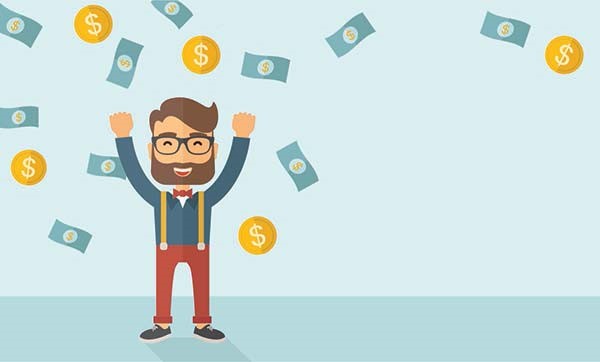
Shopping for your mortgage in Quebec is more complicated that it seems. The goal of this article is to take a step-by-step approach to inform you all that you need to know about mortgage loans.
This could be useful for a first-time homebuyer and everyone. Say goodbye to complicated forms that don’t make any sense. We will dissect all the important information so that you can face your lender with confidence, ask him the right questions, and know that you understand well what he is telling you.
To guide you and help you become an informed buyer, we have prepared a series of 10 essential questions that you must understand in order to master the main concepts of the mortgage world.
Among our 10 questions, you will find all the relevant information you need to make an informed decision and avoid making costly mistakes.
Go ahead and take the time to fully understand each question!
The knowledge you can learn here can help you to save thousands of dollars on your mortgage.
Shop for a mortgage in Quebec with 10 easy questions! – Tips for savings

Question #1: What is a mortgage loan (mortgage)?
It may sound like a silly question but many buyers don’t understand exactly what a mortgage is and why they need one.
The vast majority of buyers often do not have all the money required to purchase a property. It is unusual for an individual to pay for a property in full and in cash from his own funds. It is more common for buyers to have 20, 30. 50, or 60 thousand dollars in the bank and want to buy a house. How can you become an owner if you don’t have enough cash?
This is why you need to take out a mortgage. Banks and financial institutions can offer to finance the purchase of your property in exchange for interest payments. A mortgage is a loan given by a financial institution for a real estate purchase. In return, you must pay back the loan with interest.
Banks are getting their money with a profit from your loan, and buyers can purchase a house even when they don’t have enough cash on hand. This is a « win-win» situation most of the time.
Unless you have enough money to pay for your house, you have no choice but to take out a mortgage loan.
As you can see, the first question to ask is really simple. When you ask what a mortgage is, you also need to see whether you need one. The answer is most likely yes!
Now that you understand that a mortgage is a loan obtained from a bank to allow you to buy a property, let us take a look at the main elements of this type of loan.
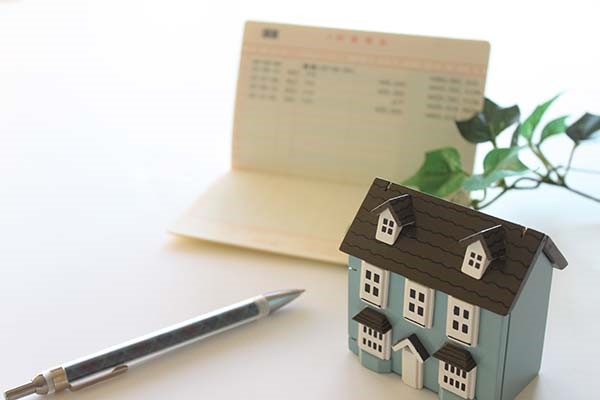
The 5 intrinsic elements of a mortgage
The mortgage payment: Each month, you must pay an amount of money to your lender to repay your loan. Depending on the type of mortgage, the terms may vary. Nevertheless, you need to pay once a month which includes a portion for capital and interest.
The capital: The capital is part of a mortgage payment that is used to repay your loan. This amount of money that you pay back, therefore, includes forced savings.
The interest: The interest is the second part that makes up your mortgage payment and goes directly into the lender’s pockets. This is the amount charged by the lender for your loan each month.
Amortization period: When you take out a mortgage, you also choose the number of years you wish to pay for your loan. Your choice of amortization period will have a direct impact on your payment.
Term: This is the number of years you and your lender agree on the loan conditions. At the end of the term, you and your lender can renegotiate these conditions.
Question 2: Do you go directly to a bank or work with a broker from Multi-Prêts or Hypotheca?
After understanding how a mortgage works, you need to ask yourself what is the best way to find a mortgage. You are thinking of going to see your banker directly, but one of your friends tells you that you should consult a mortgage broker instead. Which is the better method?
This is, in fact, a fairly complex and subjective question because some buyers have very good relationships with their lenders which can help them when it comes to applying for a mortgage. If you have a stable relationship with a lender for several years and you feel that your bank is transparent and will make the best offer possible, you can very well go with this option. Banks usually like customers who trust them and go directly to them for loans. On the other hand, if you want help from an objective professional, there is another option.
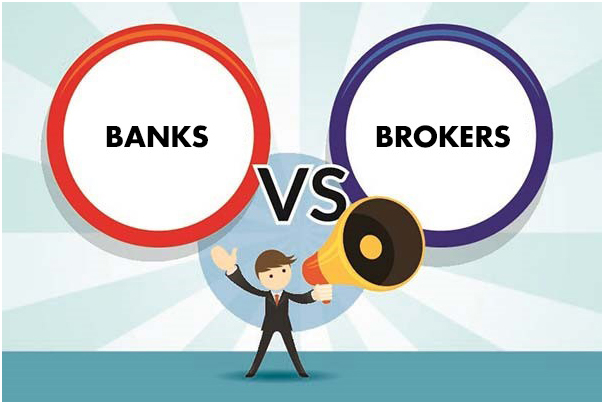
Mortgage brokers are professionals who are mandated to help buyers find mortgages under the best terms possible. Their role is to assist you in your purchase and find a mortgage that meets your needs, at the best possible interest rate. He compares all the offers of multiple lenders in the market and looks at which institutions make the best offers tailored to your needs. He does not look at one bank, but at ALL banks and he has no motivation to push you toward one lender over another.
For those who do not have a long-standing and ideal relationship with a lender or who simply want to make sure to have an expert at their side, turning to a mortgage broker can be a great solution in itself. There is no real disadvantage to doing business with a mortgage broker, and it is often an avenue that saves a lot of money in the end.
So, it’s up to you to see and analyze your relationship with your current lender. If you want to compare all the deals in the market with the help of a professional, turning to a mortgage broker is highly recommended.
Compare mortgage rates in the market: how to get the best rate?
A word of caution regarding the comparison of mortgage rates in the market: if you want to do this exercise, it will be time-consuming and difficult to do by yourself. By consulting a mortgage broker, his advanced software allows him to show you in real time the rates of all lenders and compare them quickly. Thanks to his access to lenders and his expertise, a mortgage broker from Multi-Prêts or Hypotheca can help you quickly target the best offers and benefit from a better rate. If you go directly to a financial institution, it will show you only the rate of all its products but not those of the competitors. This is a big disadvantage. Think about it! It is often worth to shop for a better deal.
The evolution of mortgage rates: an increase to come!
Finally, it is important to note that mortgage rates have been extremely low over the last ten years. However, a gradual rise in rates is expected from 2017 and spread over several years. According to some experts, a rate hike is to be expected, but it will not be drastic. The current economy and the level of indebtedness of Canadian households do not allow a significant increase in rates over the medium term.
Mortgage terms were also tightened in 2016 and on January 1, 2018. In 2016, all loans with a down payment of less than 20% were required to undergo a stress test with a higher qualification rate. As of January 1, 2018, ALL loans must now undergo this stress test. This makes it more difficult to obtain a loan, even for those with a down payment greater than 20% of the sale price of their property.
Question #3: Do you want a fixed or a variable rate mortgage?
Once you understand what a mortgage is and you decide if you’re going to see your bank or a mortgage broker, you’ll have to quickly answer the question: Do I want a fixed rate or a variable rate?
When we talk about rates, we are talking about the interest rate that the bank charges for your loan. In fact, you can opt for a fixed rate, which means that the interest rate for your loan is frozen and will remain the same during the term of your loan. You can also choose a variable rate, a rate that is lower but it can change if a rate hike occurs in the market.
This is the first big decision you will have to make. If you choose a fixed rate, you opt for stability and peace of mind. Even if the rates go up, yours will not change until the end of your loan term.
If you choose a variable rate, you opt for a loan theoretically cheaper in interest in the long run. However, this is subject to the condition that market interest rates do not change because if market rates increase, the rate of your loan will also increase and this will make your loan more expensive in the end than. This is a rate that can either save you money or cost you the same price or more than the fixed rate if rates increase. It’s a chance that you need to take. On the other hand, it is interesting to note that, historically, the variable rate has often been more advantageous than the fixed rate.
It’s up to you to see what type of rate is right for you. If you are the type of person who panics as soon as you hear about some negative economic developments and whose investment mix is in a low-risk pool, you will probably choose the fixed rate. If you are more likely to always look for the best profitability and potentially the most advantageous option, you may opt for the variable rate.
There is no wrong choice! It just depends on your investor profile and your goals.
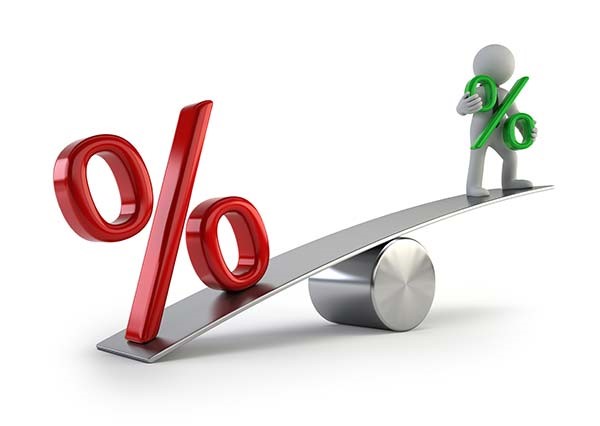
Fixed rate: do you want an open or closed loan?
If you choose a fixed rate, a sub-question will be asked: do you want an open or closed loan? What does that mean exactly? In fact, this relates to your ability and your freedom to repay your loan before the end of the term. Let’s look at the two definitions:
Open loan: an open loan offers the borrower the option of partially or fully repaying the mortgage before the end of the term. This is often a good loan type for homeowners who want to sell their home in the near future, or for borrowers who know they will have large sums of money available soon that they can apply to reduce the amount of their loan. The open loan is often short-term, approximately 6 months to 1 year.
Closed loan: Unlike an open loan, a close loan does not allow you to repay your loan in full before the end of your loan term. If you do, you will have penalties to pay, which can be very expensive. On the other hand, the interest rate of a closed loan is often lower than an open loan and is longer, usually 3-5 years.
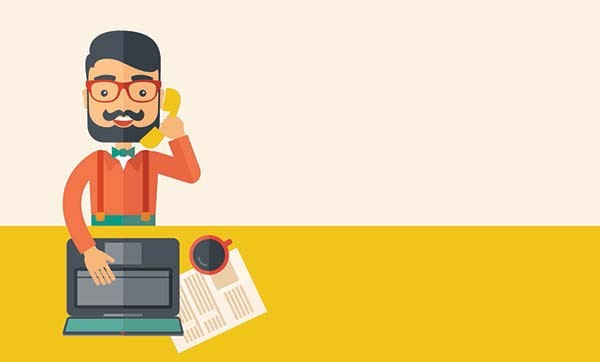
Variable rate: do you want a regular, protected, or reduced loan?
If you choose a variable rate loan instead, you will often have the choice of three loan subtypes – regular, protected, or reduced. Which one is for you? Good question! Let’s take the time to see what the differences are between these three types of loans.
Regular loan: in the case of a regular loan, the interest rate of the loan follows the variations of the prime rate up or down. With a term of 1 or 2 years usually, you can repay it at any time without compensation, which is quite advantageous.
Protected loan: It is often said that the protected loan is a medium between the fixed and variable rate loan since it protects you against significant variations in the prime rate while allowing you to take advantage of rate cuts. It is, however, a type of loan with a term of about 5 years, and usually a higher rate.
Reduced loan: this type of loan is the most flexible, generally offers the best rate and follows the upward and downward fluctuations of the prime rate. It can be converted into a fixed loan and you can repay it at any time.
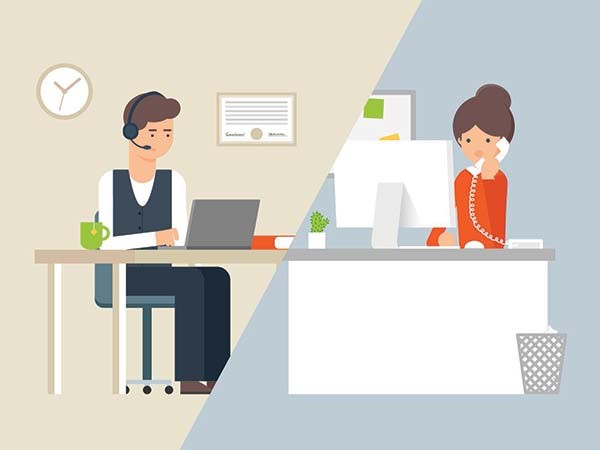
Question #4: What is the risk level of each loan?
Of course, if you have followed the description of loan types so far, you understand that each type of loan comes with its level of risk. Once you understand the differences between a fixed or variable rate loan, you must now ask yourself what is the risk level of each. This will allow you to target which mortgage loan is for you and which one is not. Generally, this is the simplest step because it is done according to two observations:
A fixed rate loan is stable and offers peace of mind. As a result, it has a LOW level of risk.
A variable rate loan is more volatile and is based slightly on speculation. You expect the rates will not increase, but if they do, you could pay more. The risk is HIGHER.
This question serves to make you understand that not all types of loans have the same level of risk.
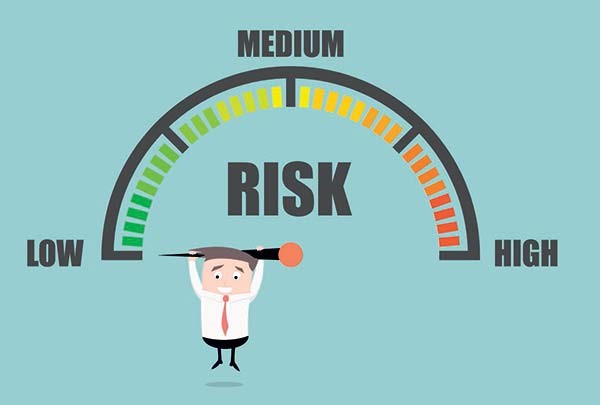
Question #5: What are good questions to ask when choosing a type of mortgage?
Well, once you’ve targeted the types of mortgages available and their level of risk, you’ll need to ask yourself the right questions to find out what kind of loan you should choose. In fact, we do not simply choose a mortgage based on its level of risk; many other factors can influence your choice of financing. Here is a list of some questions you should ask yourself once you have all types of loans and their level of risk in front of you.
✓ Do I think I will own my current property for a long time? Will I be selling it in the near future?
✓ Do I have a lot of debts?
✓ Do I borrow up to the limit of my loan capacity?
✓ Do I have tolerance for risks or am I looking for stability?
✓ Am I financially stable or will an increase in rates significantly affect my finances?
✓ Will I have a large sum of money at my disposal in the coming months or years?
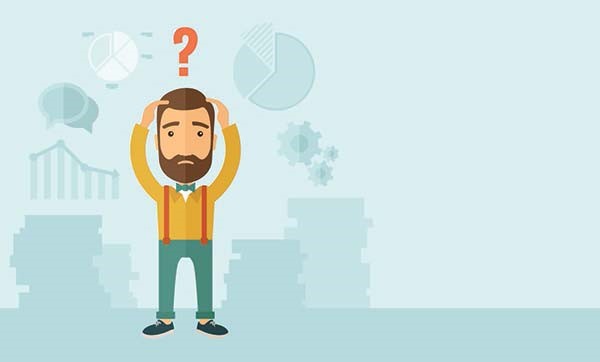
In asking yourself all these questions, you should be able to decide what type of mortgage loan, whether a variable or fixed rate loan, closed or open, regular or protected or reduced, suits you. This is a crucial step in your application for financing. Once you have targeted your needs, goals and buyer profile, it will be easy for you to choose the right mortgage product. You will then have to see if you qualify for a mortgage.
Question #6: Do I qualify for a mortgage?
The question that interests you the most is whether you will get financing for the mortgage amount that you want. When you go to your lender or mortgage broker to apply for a mortgage, they will need to see if you qualify. What does that mean?
In fact, a lender will have to consider your income and some expenses to see if the qualifying ratios are good. What qualifying ratios are we talking about?
GDS and TDS, of course!
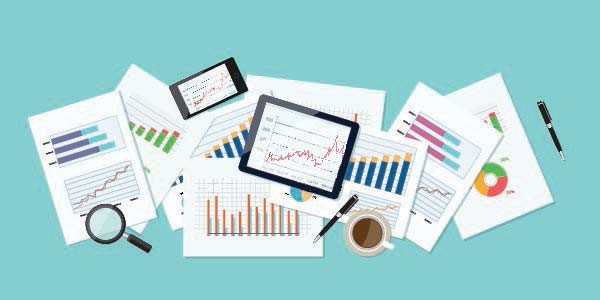
The two ratios for qualification: GDS and TDS!
When you want to take out a mortgage, your lender or broker will calculate two ratios. Here they are:
Gross Debt Service (GDS): The gross debt service is the first ratio that lenders have to calculate. It relates your gross income and the housing costs you will incur when buying the property. The formula for calculating the GDS is:
(Mortgage payment (capital +interest) + municipal taxes + heating costs) / Gross income
The GDS is generally not more than 32%. In the case of a down payment of less than 20% of the selling price, this 32% is not usually flexibile. However, if the amount of the down payment is more than 20%, this 32% is flexible and at the discretion of the lender.
Total Debt Service (TDS): Total debt service is the second ratio that lenders calculate which compares your financial obligations with your gross income. Auto loans, personal loans, student loans, and all other financial obligations in the short, middle, or long term. The formula for calculating the TDS is as follows:
(Mortgage payment (capital + interest) + municipal taxes + heating costs + auto loan + personal loans + student loans) / Gross income
The TDS must usually be less than 40%. In the case of a loan with a down payment of less than 20%, this ratio is not flexible and can not be exceeded. However, in the case of a loan with a down payment greater than 20%, it is at the discretion of the financial institution to judge whether a client is able to meet its financial obligations. In addition, on January 1, 2018, new mortgage qualification rules came into effect which makes a bit of a difference in terms of obtaining financing.
The new mortgage qualification rules in 2018
In the fall of 2016, the Government of Canada introduced a new mortgage qualification regulation. From that point on, all mortgages where the buyer paid less than 20% down payment had to undergo a “stress test”. This stress test consists of using a higher interest rate when calculating the mortgage payment, to see if the buyer would respect his ratios in the case of a mortgage increase.
As of January 1, 2018, this stress test which was reserved for borrowers with less than 20% down payment, is now applied to all mortgages, without exception. This is particularly so that all buyers must now undergo a stress test with an interest rate of about 2% higher than the posted rate.
These new mortgage qualification rules make it more difficult to get a mortgage loan from 2018.
Negotiating the mortgage rate, a possibility?
Negotiating the rate to pay less interest is the dream of many buyers. On the other hand, negotiating the rate of one’s mortgage is frankly more difficult than one might think, and few are able to squeeze out anything from their lender.
Those who manage to negotiate their mortgage rates are often excellent clients of financial institutions with strong assets that earn excellent cash income. The departure of such a customer would then cost them more than the reduction in interest he asks for.
There are also some small tips that can save you money. Moreover, if you do business with your broker, it can sometimes achieve small miracles through his knowledge of the system and its private access. It can be worth it!
Question #7: What are the other factors to consider when choosing a mortgage? – Amortization, term, etc.
Once your mortgage is chosen, you qualify and you are ready to enter into the agreement with your financial institution, you will need to consider the details and other factors to consider in your mortgage. To keep things simple, let’s just say that you will have to decide the term of your mortgage and the amortization period.
The TERM of your mortgage is the period of time during which YOU and your LENDER agree on the rate of your loan and the conditions. At the end of the term, you must refinance your property or renegotiate those conditions.
The AMORTIZATION PERIOD is the number of years you want to spread the repayment of your loan. If you choose 25 years, for example, you want to repay your loan for 25 years. The shorter your amortization peiod, the higher your monthly mortgage payment, but the less interest you pay.

These two fairly simple concepts are nevertheless VERY often confused and misunderstood. It is important to understand the difference between the term of a mortgage and the amortization period. These are two factors to consider that can influence the interest rate of your mortgage, the amount of interest paid, as well as the monthly payment you will have to pay.
Remember that the longer you amortize over a long period, the more it costs in interest in the end, but the smaller your monthly payments. The shorter the amortization period, the less interest you pay in the end, but your monthly payments are higher.
It’s up to you to see how you want to play with this to maximize your financial situation!
Question #8: Once I choose my mortgage type, do I take out a mortgage insurance?
You have found your mortgage, terms, and all the details and you are ready to finalize your home purchase. You learn that you need to pay extra for mortgage insurance. Your answer, most likely, would be « extra charge for what?»!
In Quebec, all mortgages with less than 20% down payment are required to be insured by the CMHC. This means that buyers need to pay extra. How much do the premiums cost? Well, it really depends on the loan-to-value ratio.
The less money you put down for your down payment, the more expensive your premium will cost. The amount of the premium varies from one mortgage type to another, and can sometimes be as high as $10,000.
Yes, it can cost a lot of money!
The following CMHC official chart outlines the premium percentages that apply.
| The loan-to-value | Total loan premium |
The premium on the increase (for portability) |
|
90,01% to 95% Non-traditional down payment |
4,50% | 6,60% |
| Up to 95% (included) | 4,00% | 6,30% |
| Up to 90% (included) | 3,10% | 6,25% |
| Up to 85% (included) | 2,80% | 6,20% |
| Up to 80% (included) | 2,40% | 6,05% |
| Up to 75% (included) | 1,70% | 5,90% |
| Up to 65% (included) | 0,60% | 0,60% |
To check out the CMHC-SCHL rates directly, follow this link.
The amount of the premium for your mortgage with a down payment of less than 20% can be paid in two ways. The first is to simply pay the premium upon purchase of the property. You then get it over and done with. It is a huge dent on your budget but you can then forget about it.
You also have the option of amortizing the premium with your mortgage which means you will be paying it with your monthly mortgage payments. Thus, you can avoid a big expense at the time of purchase but your premiums will be more expensive in the long run.
These two methods are commonly used by buyers with less than 20% down payment to get mortgage insurance and become homeowners.
Expensive though it may seem, it often remains advantageous.

Question #9: What is a mortgage payment and why it is better than renting?
When you shop for a mortgage, you will probably find that even with your down payment, the monthly mortgage payment can seem high, equal to what you would pay for rent. You might begin to wonder whether it is advantageous to buy a property or just rent?
When you rent, the money lines the pockets of your landlord and in the end, it is money spent and gone forever.
In the case of a purchase, your mortgage payment consists of interest and capital. The interest from your payment goes directly to the pockets of the lender while the capital you pay goes to paying off your mortgage which makes you richer. Repaying a mortgage means increasing your equity and as the value of your property grows year by year, so does your investment.
A mortgage payment always includes a portion which enriches you, while rent merely goes to the pockets of your landlord.
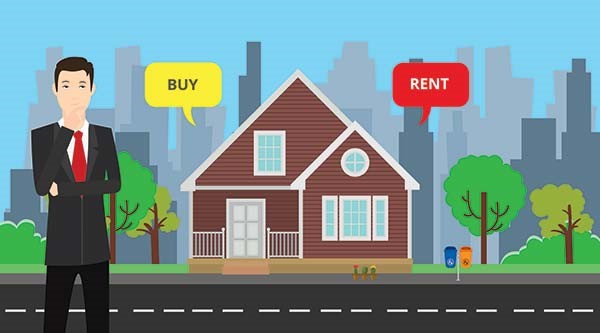
Question #10: What does it take to get the best deal on a mortgage renewal?
When the term of your mortgage is concluded, you will need to renew your mortgage. You will then hear from your lender regarding the new conditions for your loan. At this point, there may be changes regarding the following: the interest rate, the term, and the period of amortization.
These are generally the three elements that are likely to change if you want to keep the same mortgage product. Some people, however, will decide to completely change the type of mortgage. One thing is for sure; if you want better terms, you should not wait for your lender to offer it. Often, it’s worth it for you to go directly to a mortgage broker at Multi-Prêt or Hypotheca. They are specialists in renewals and refinancing. They will find the best deal to help you to save money, and even give you advice on choosing the best product.

Their expertise can be yours completely free of charge. If you are thinking about refinancing your property before the term comes, know that this is rarely advantageous because the prepayment penalty fees are high.
This can be advantageous if you are offered a mortgage with an interest rate that is considerably less than what you currently have, and the amount of interest savings per month is greater than the amount of the penalty. It happens only to a few lucky ones!
BONUS Question: How to find the best mortgage brokers to help you save when shopping for a mortgage?
Well, that’s a question that many people ask themselves without knowing it! How can you find the best mortgage brokers to finance a home purchase? We have the ideal solution for you.
Just complete the form below to receive several offers from a recommended mortgage broker in your area. A few clicks, and that’s it! This service is 100% free and no obligation. It will allow you to compare several mortgage proposals from multiple lenders in less time.
You’ll be sure to be accompanied by a knowledgeable professional who will help you get the best mortgage terms from more than 20 financial institutions.
Try our form, it’s free, and it could save you thousands of dollars in the long run!
